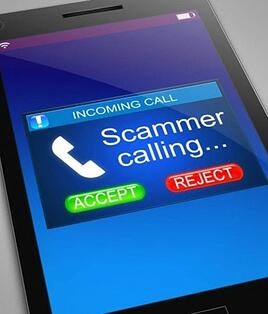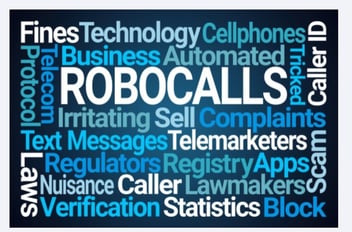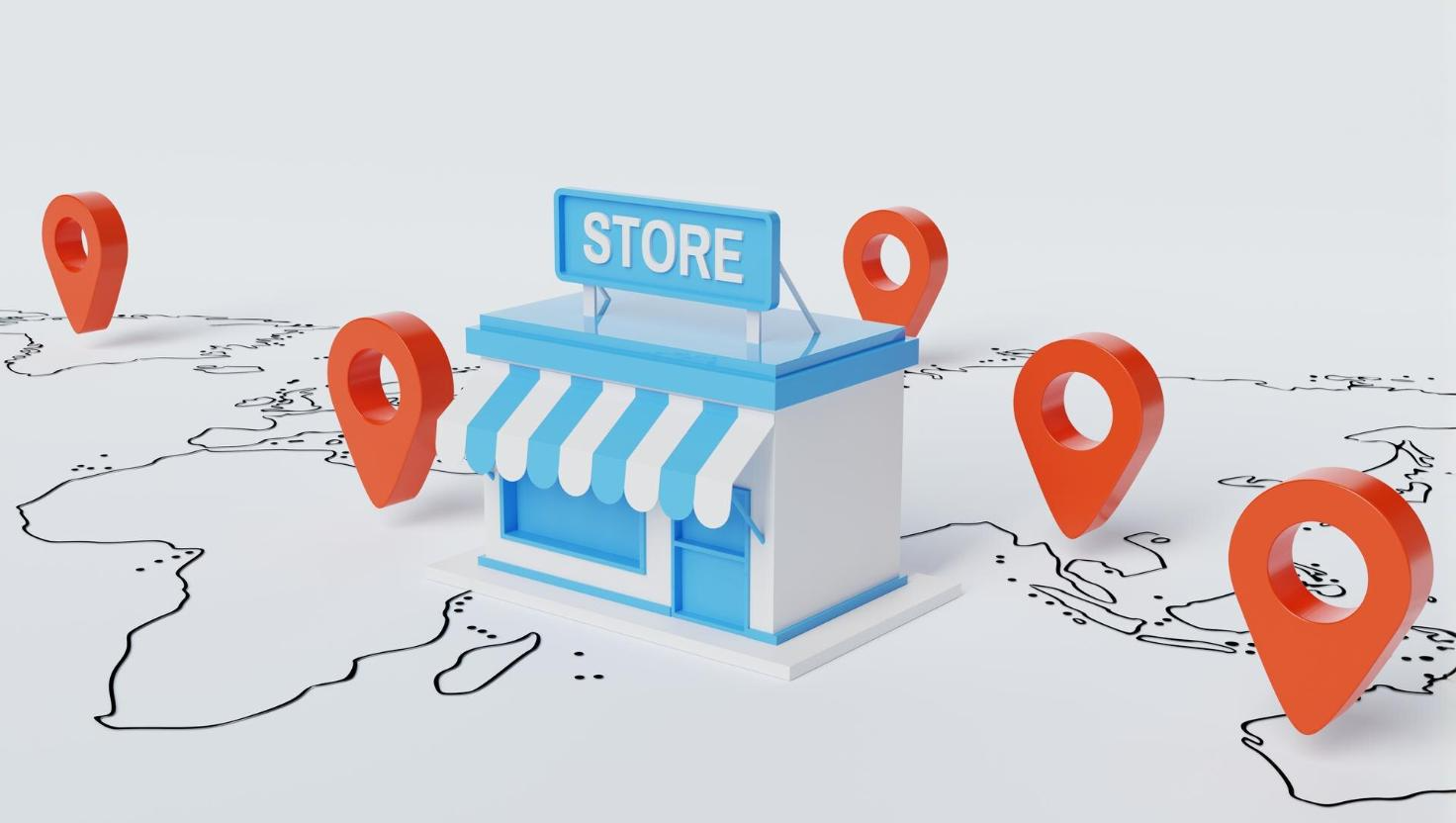STIR/SHAKEN: Everything You Need to Know
Every telephone user has experienced a robocall because they thought it was a legit phone number. Often there is a mechanical voice on the other end of the call with a pre-recorded message about some random topic.
According to PRN Newswire, there were around 46 billion robocalls in the United States in 2020 alone. These calls are incredibly annoying and cost tons of lost time and minimize productivity.
To combat these robocalls, the telecommunications industry had to get creative. Towards the end of 2019, the Telephone Robocall Abuse Criminal Enforcement and Deterrence (TRACED) Act was introduced into legislation. This law intends to avert telemarketers and scammers from carrying out these annoying robocalls in the first place. Besides this, this law requires the Federal Communications Commission (FCC) to establish a way to authenticate calls and create a type of criteria to avert end-users from receiving robocalls.
But that wasn’t enough to stop robocalls–the actual mechanism for authenticating calls was still needed. That’s where STIR/SHAKEN comes in.

What is STIR/SHAKEN?
STIR/SHAKEN is a framework created to reduce fraudulent robocalls and illegal telecommunications activity. It is constantly working in the background of calls to validate the calling party.
STIR stands for “Secure Telephone Identity Revisited.” Technically speaking, it is the name of the acronym for the technology that validates and verifies calls and the group of technology housed within a group known as the “Internet Engineering Task Force” or IETF.
SHAKEN is short for Signature-based Handling of Asserted information using ToKENs. This guideline defines how communications providers should implement STIR protocols and technology and ensure that the original caller’s number is not spoofed or a robocall.
When combined, STIR/SHAKEN makes up a complete set of technical guidelines and operating procedures for authenticating calls that are completed over an IP network. These guidelines or frameworks allow the originating voice servicer to vouch for the validity of the caller ID. Basically, they authenticate the caller’s identity and give them a stamp of approval. On the other side of the call, the terminating provider will utilize the security certificate to authenticate that the caller ID has not been compromised in any way during the route.
For clarification purposes, STIR/SHAKEN does not block fraudulent calls, but instead alerts or indicates when a fraudulent call is occurring.
Who Does STIR/SHAKEN Benefit?
These guidelines are a benefit for both consumers and businesses. By requiring calls to be validated by their service providers, unwanted and harmful interactions from robocalls will significantly decrease. For consumers specifically, this will help to build more trust regarding incoming calls. This allows businesses to validate all contact with consumers or prospective customers and ensure that some third-party robot does not block your calls.
How Does STIR/SHAKEN Work?
The best way to explain this technology is in a step-by-step guide.
#1. It begins when a call is placed.
#2. The caller’s telephone servicer receives the call.
#3. The source of the call and the phone number are then checked to determine the validity.
#4. Once the call is validated, the service provider crafts an encrypted SIP identity that contains the calling number, the number being dialed, time and date, level of attestation, and a unique tracking number for tracing. Each call receives its own ID.
#5. Now, the identity (and original SIP invitation) are sent to the receiving service provider that.. #6. then passes the invitation to the authentication service
#7. When this information is verified, the receiving servicer can choose to block or complete the call.
STIR/SHAKEN Authentication Levels
Businesses will now be required to receive a “trust score” when completing a business profile. This trust score provides carrier information to authenticate that your communication efforts are not spam.
In alliance with STIR/SHAKEN, the originating service provider attest to each outbound call with a specific verification level. They are essentially vouching for you. The provider authenticates their relationship with the caller and declares that they are using the correct phone number provided to them by the provider. There are three different levels of authentication: full, partial, and gateway. We will define each one below.
- Full or “A” attestation: This means that the servicer knows the customer and is completely vouching for the client’s right to use the phone number you are receiving the call from.
- Partial or “B” attestation: This means that the servicer knows the customer but is not completely clear on the phone number being used to make the call.
- Gateway or “C” attestation: This means that the servicer has originated the call on their network but can not authenticate the source of the call.
With time, the weight of these ratings is expected to increase.
Does STIR/SHAKEN Apply to Text Communications Too?
STIR/SHAKEN applies to phone calls, specifically. However, there is another measure put in place that will require businesses to register text message communications within their business profile. The Application to Person messaging service, also known as A2P 10DLC, is a system in the United States that permits companies to send A2P-type messaging via common 10-digit extended code (10DLC) phone numbers. To begin building trust with mobile providers, businesses need to register any brands or campaigns ahead of time to benefit from high-volume, high-deliverability messaging over long codes. Your company will also receive a trust score just like STIR/SHAKEN.
Fighting Against Fraud
Many people don’t even pick up the phone unless they know exactly who is calling. In a study conducted by Pew Research, only 19% of people will pick up a call from a number they don’t know. No one wants to hear that they have some extravagant prize or trip, and it is just a threatening robocaller asking for personal information. It is a massive waste of time!
Most businesses, however (especially small businesses) can’t take the chance of not answering calls because it could be a prospective customer on the other end! STIR/SHAKEN is intended to fight against fraud and restore trust in our modern world of telecommunications.
Still have questions? Our customer service team is happy to help!




